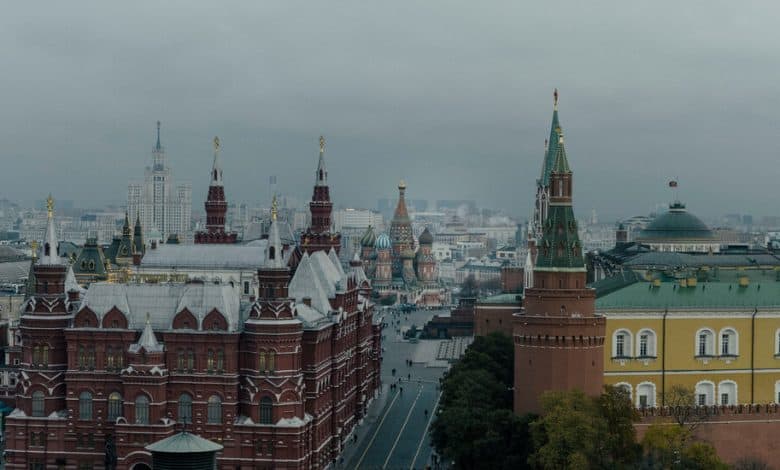Spate of Mock News Sites With Russian Ties Pop Up in U.S.

Into the depleted field of journalism in America, a handful of websites have appeared in recent weeks with names suggesting a focus on news close to home: D.C. Weekly, the New York News Daily, the Chicago Chronicle and a newer sister publication, the Miami Chronicle.
In fact, they are not local news organizations at all. They are Russian creations, researchers and government officials say, meant to mimic actual news organizations to push Kremlin propaganda by interspersing it among an at-times odd mix of stories about crime, politics and culture.
While Russia has long sought ways to influence public discourse in the United States, the fake news organizations — at least five, so far — represent a technological leap in its efforts to find new platforms to dupe unsuspecting American readers. The sites, the researchers and officials said, could well be the foundations of an online network primed to surface disinformation ahead of the American presidential election in November.
Patrick Warren, a co-director at Clemson University’s Media Forensics Hub, which has exposed furtive Russian disinformation efforts, said advances in artificial intelligence and other digital tools had “made this even easier to do and to make the content that they do even more targeted.”
The Miami Chronicle’s website first appeared on Feb. 26. Its tagline falsely claims to have delivered “the Florida News since 1937.”
Amid some true reports, the site published a story last week about a “leaked audio recording” of Victoria Nuland, the U.S. under secretary of state for political affairs, discussing a shift in American support for Russia’s beleaguered opposition after the death of the Russian dissident Aleksei A. Navalny. The recording is a crude fake, according to administration officials who would speak only anonymously to discuss intelligence matters.
